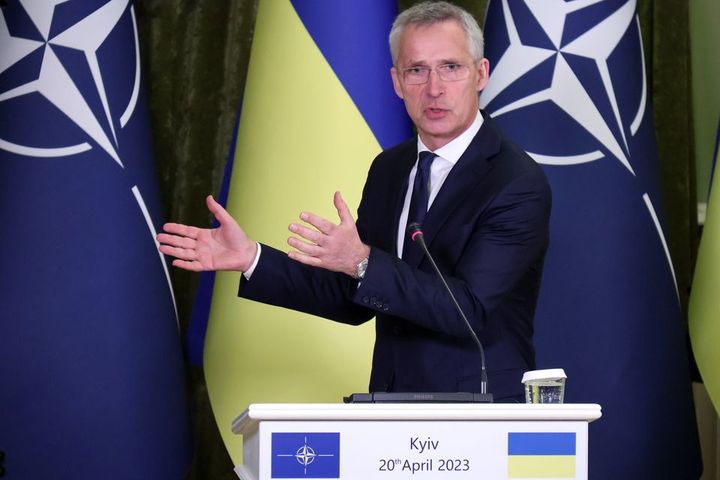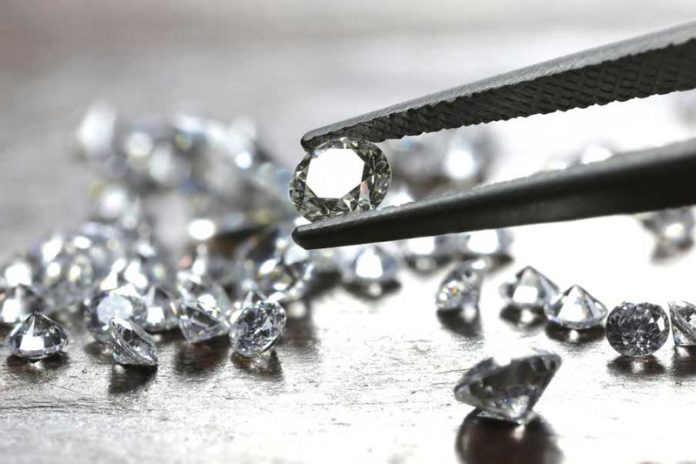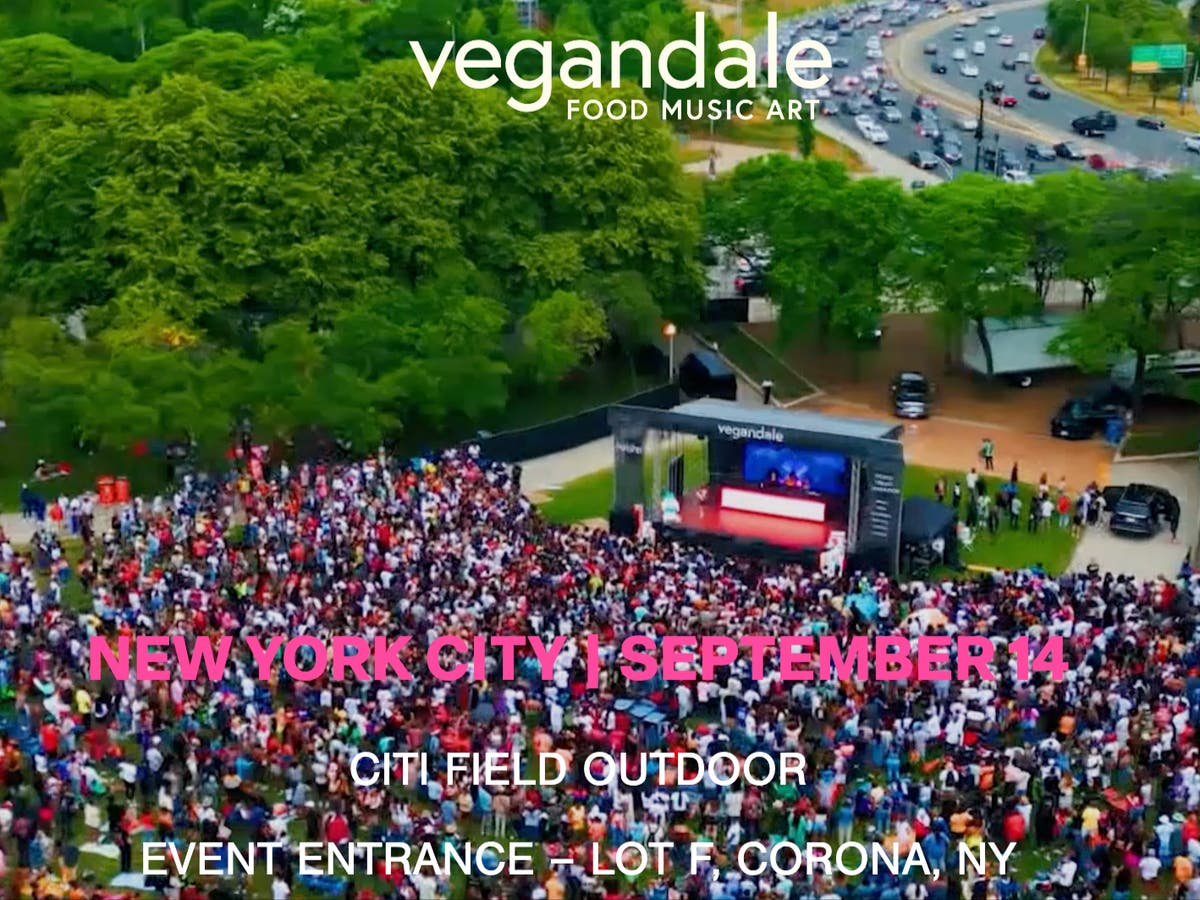Nato secretary-general Jens Stoltenberg. Photo: Getty Taoiseach Simon Harris met President Volodymyr Zelensky at Shannon Airport yesterday and unequivocally reaffirmed Ireland’s commitment to Ukraine in its war against Russia. The reason the first bilateral meeting between the two leaders on Irish soil happened where it did is because Mr Zelensky was on his way home from last week’s Nato summit in Washington, an event dominated by continuing concerns about the fitness of US president Joe Biden to fight November’s election.
What makes Mr Biden’s well-being such an urgent issue is that Nato members were gathering at a time when the risk of war in Europe has never been so great since the formation of the mutual defence pact 75 years ago. Given such a threat, it is worth asking whether the time has come to openly acknowledge our obvious support for, and solidarity with, the Western family of nations by joining the 23 out of 27 EU states that are already Nato members. To ask that question risks stirring up sensitivities at home, even if, despite common misconceptions, neutrality is not actually enshrined in the Constitution; indeed, it imposes few military restrictions on the government of the day.

Irish troops have, after all, previously served on Nato missions in Bosnia, and Ireland contributes financially to Nato Trust Funds. It could be argued that these sensitivities belong in the last century anyway, rather than this one. We stayed out of World War II to assert our independence from Britain.
There is no longer a question mark over that, and a future war would pay little heed to any country’s borders. Sweden maintained its own neutrality for 200 years before Russian aggression in Ukraine changed public opinion The very first page of November’s Implementation Plan for the Report of the Commission on the Defence Forces acknowledges these stark new realities in warning about the “growing threats to the rules-based international order, which Ireland has relied on for its fundamental security and prosperity”. How long can we leave it to others to provide that umbrella of protection? Any change in approach would not come cheap.
The Government is already committed to raising defence spending to €1.5bn by 2028 — the largest such increase in our history. Writing here today, the new junior minister for EU Affairs and Defence proposes going further by working towards doubling that figure again to a target of €3bn a year.
If Jennifer Carroll MacNeill is speaking for the Government, that would quite the statement of intent. Tánaiste Micheál Martin also told the Dáil last year that “we need to define more clearly what we do and do not mean by military neutrality”. Sweden maintained its own neutrality for 200 years before Russian aggression in Ukraine changed public opinion.
Last week, it took its place in Washington after becoming, in March, the 32nd country to join Nato. It is likely that, having had the open conversation that the Tánaiste wants, Ireland will declare itself unready for the same great leap. But when it comes to the thorny issue of neutrality, Patrick Keatinge, Trinity’s Emeritus Professor of Political Science, once memorably wrote that “the Irishman.
.. does not talk about it much and thinks about it even less”.
Going forward, that may be a luxury we can no longer afford. Join the Irish Independent WhatsApp channel Stay up to date with all the latest news.



















